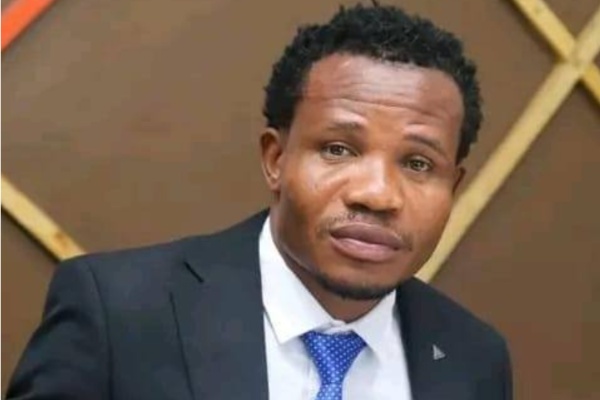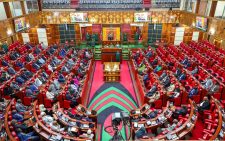Let’s take a look at the calibre of our leaders

It has been in Kenya the week of the ignoble. The legislator for Mumias West has been on social and other media. Mr Peter Salasya is entertaining.
His voice rises through the microphone as the son of Wanga gives his opinion often in his mother tongue. Occasionally, he is wronged or appears to wrong others, and sometimes gets physical. He is mesmerised by his newfound fame and does not hide it.
Fame and fortune seem to have visited Mr Salasya ahead of his time, and he is not alone. Over the last few weeks, legislators have been acting up. In Kisii, it was an open war between a governor and one of the legislators. Not too long ago, another legislator took the law into his own hands in a dispute involving electricity transmission to his facility.
Documenting the conduct of Kenyan officials can be a full-time job. Imbued with power, they straddle the length of the land, competing over who would load it over others. Pushing motorists off the road, driving on the wrong side of the road, or skipping service lines is near routine.
To be fair to the current State officials, this development is not new. Leaders have been loading it over the public for a while. Only once did a leader pay the price – a former Deputy Chief Justice was forced out of office for pinching the nose of a guard she accused of not knowing people.
In Africa, this behaviour is not a preserve of politicians but characteristic of the big man or woman. Look at the religious lot. It is almost routine to stand on the backs of others while delivering a sermon, ride long motorcades, and generally act as minor lords.
The behaviour of Kenyan officials is confounding, given that the Constitution emphasises the sovereignty of the people, seeks to privilege the average citizen and places the leaders at their service. Then, it goes on to spell out the behaviour expected of the leaders. Upon assumption of the office, every leader takes an oath and thus must abide by the law.
But that is where it seems to end. The leaders live as if the law they swore by did not exist or exists only for others. The absurdity, particularly in the case of lawmakers, is that part of their function is to enact laws and to superintend over the arms of government to ensure the law is upheld.
Blame African culture in some cases. Leaders are swooned over, gifted, and praised in song and dance. In funerals and village parties, they are ushered to the head of the table and elevated in treatment. But they ought to know better where the cultural practice ends, and taking advantage of their privileged position takes over. Leaders set examples, and how they conduct themselves matters. They cannot misbehave in public and then proceed to seek to set a different standard for the people. The function of legislators is to formulate and pass laws in Parliament. The public must, in turn, obey these laws.
It raises the question of the calibre of people we task with formulating and passing laws. They need to be of a stock deserving of the role. Philosophers deliberated over these matters long ago and set some minimum standards.
In crafting the Constitution, the drafters were not blind to this fact. They set up values that leaders must hold. Unfortunately, this country has been unable to implement the minimum constitutional threshold for leaders. That would be the only way to weed out pretenders.
An interesting case is unfolding in Singapore. The minister for transport, Subramaniam Iswaran resigned, accused of obtaining gratification as a public servant. He received tickets to the Singapore Grand Prix and to attend football matches in the UK. He has not only resigned but is refunding his salary and allowances. That is keeping minimum standards.
Kenya keeps seeking to compare herself to Singapore, but the Singaporean standards are way beyond the comprehension of Kenyan leaders. But in line with the Constitution, Kenya should aim to start somewhere.
— The writer is the Dean of /Email here












